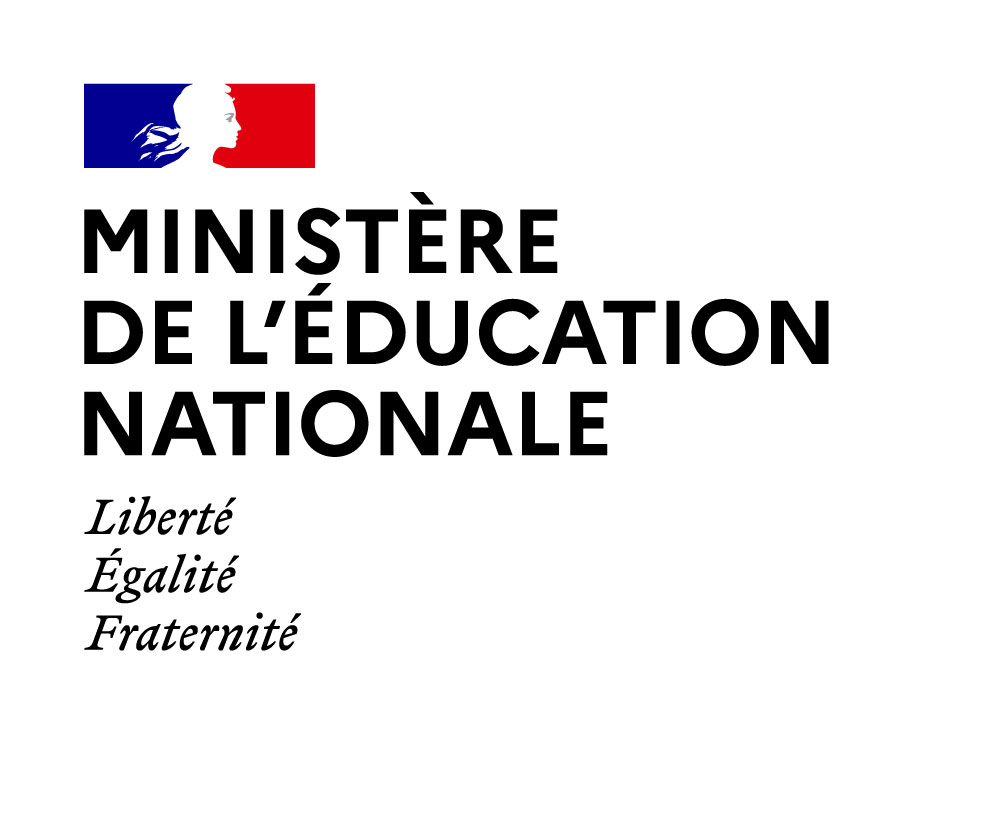[ARCHIVE] Pre-primary school at three years old for all
Thanks to the Loi pour une école de la confiance (School of Trust Law), starting this academic year, the compulsory education age has been lowered to three.
Announced by the President of the Republic in March 2018, lowering the compulsory school age to 3 is commencing at the start of this school year thanks to the law For a School of Trust. Over and beyond the 25,000 pupils not attending school so far, this law has a new ambition for pre-primary school.
The pre-primary school conferences in March 2018 drew the conclusion that inequality can be controlled effectively between 3 and 6 years through language and arousing the pleasure of learning.
In order to to place the school system at the forefront of social progress in our country, the President of the Republic has also decided that, from the start of the 2020 school year, the pre-primary classes will be split into priority education and that, gradually, pre-primary, Grade 1 and Grade 2 classes of other regions will be limited to 24 pupils.
School compulsory at age 3, what is changing with the new school year
Compulsory school : from the start of the 2019 school year, all children aged 3, 4 and 5 must now be enrolled in a public or private school or pre-primary class, unless their parents or legal guardians declare that they are teaching them or having them taught at home. In this case, the competent authorities will check compliance with the compulsory schooling.
Attendance : compulsory schooling means an obligation of attendance during school hours. Provision is made for this obligation to be flexible for a child in the lower pre-primary classes, if the people responsible for the child so request.
Schooling in kindergartens : Article 18 of the law permits temporary schooling of a child aged 3 to 6 in a kindergarten.
Article 14: "The competent education authority can, if so requested by the child's legal guardians and after the Headmaster(mistress) has given their opinion in discussions with the education team, permit an arrangement in the time spent at pre-primary school by children attending the first year, in the conditions decreed." (extract)
School of language
Pre-primary school plays a crucial role in the development of young children : it is both a springboard to success, the hotbed of personal development of the pupils and the melting pot for reducing social inequalities.
23 % of pupils entering Grade 1 do not know the name of the letters and the sound they produced, despite these being essential skills in learning to read.
Learning a precise vocabulary and structures of the language is therefore an essential priority of pre-primary school.
New educational resources
Teachers have new resources to support them in teaching vocabulary in pre-primary school :
- teaching recommended relating to language
- two guides devoted to vocabulary and phonology Les mots de la maternelle.
Initial maths learning, mainly through class exercises based on play and manipulation, structures the logical sense of pupils. It is all the more essential given that more than one pupil out of two finds numbers difficult to use when entering Grade 1. For this reason, a teaching recommendation on discovering and using numbers gives indications on boosting this teaching.
Early exposure of pupils to foreign languages increases their understanding of the workings of languages and helps them to prepare better for learning them in the future. A teaching recommendation on this has been published.
Reinforced training of the educational community
From September 2019, teachers named to a pre-primary teaching post will benefit from specific training. These new academic training courses will be developed from national specifications.
School of personal development
Following the pre-primary school conferences and to encourage the personal development of the child, an essential aspect of their success, the pre-primary school will make sure it considers even further :
- the physiological needs of the children
- organising a day that balances alternating rest times and learning times
- taking into account the relational needs of attachment and security of young children
Working in synergy with the Atsem
Side by side with school teachers, the agents territoriaux spécialisés des écoles maternelles (Atsem - local specialist staff in pre-primary schools) are major attachment figures for the pupils and participate actively in their physical and emotional security. Their skills contribute fully to the well-being of pupils and implementation of class activities. The Ministry is developing training course that bring teachers and Atsem together.
In conjunction with the team of Boris Cyrulnik, a handbook is being prepared to enhance CAP training to support young children.
Improving health monitoring of children
Lowering the compulsory school age to 3 ensures that all children have a medical check-up at school, before producing a full report, to make sure that the child can see and hear properly and that they are well suited to learning.
- Together for a School of Trust
- Pre-primary school at three years old for all
- Grade 1 and Grade 2 classes with twelve pupils : 300,000 children involved
- Grade 1 and Grade 2 assessments to anticipate learning difficulties
- Annual benchmarks in primary and lower secondary school to guide pupil progress better
- Consolidate primary school in all regions
- Support the most vulnerable families
- Provide better facilities for disabled pupils
- Homework done : work towards success of all pupils
- Culture and arts at the heart of the school system
- Mobilisation for Paris 2024 : boost sport at School
- Guide pupils better and lead them to success
- Stronger vocational pathway
- Upper secondary general or technological school : new Grade 10 and Grade 11 classes
- New dynamics for living languages through all school levels
- Digital learning aids
- A School at the forefront of ecological transition
- The principle of secularism at the heart of School and the society of trust
- The School of respect for others
- Develop the culture of engagement : the UN system and the civic service
- Boost initial teacher training
- Support personnel throughout their career
- Improve labour conditions for staff
- Involve families better in School life
- Wednesday plan and education cities : enhance out-of-school times
- An ambitious boarding school policy serving pupils and territories
- 100 % success in primary school : strengthening French and mathematics instruction
- Opening French schools to Europe and the world
- Banning the use of cellphones in primary and lower secondary schools
- Supporting books and reading
- Enriching the lower secondary school curriculum
- Promoting a culture of innovation
Mise à jour : septembre 2022

